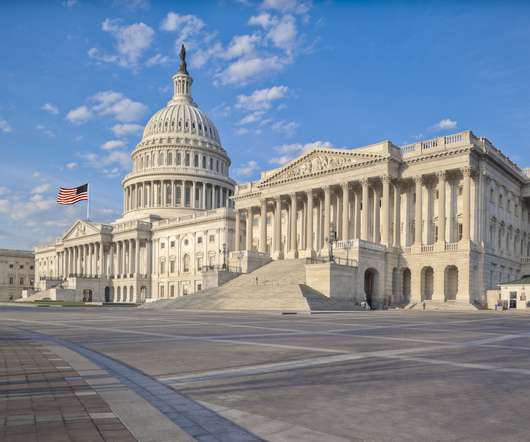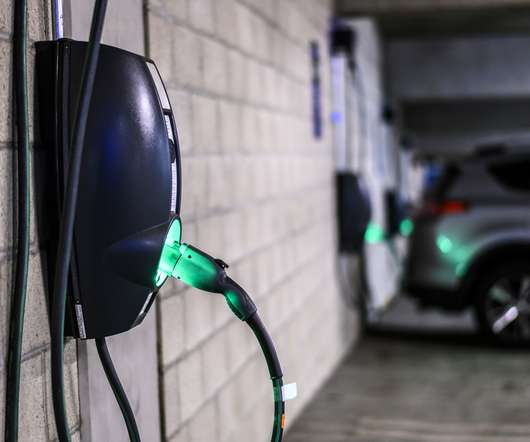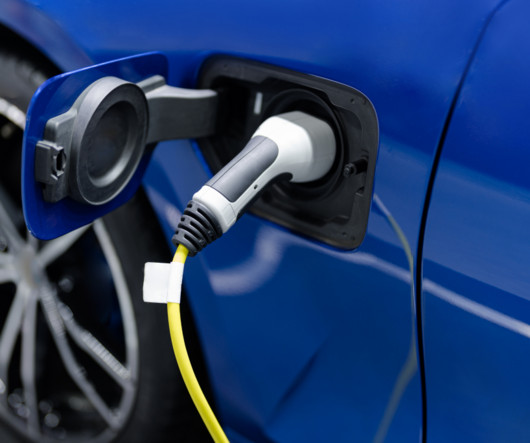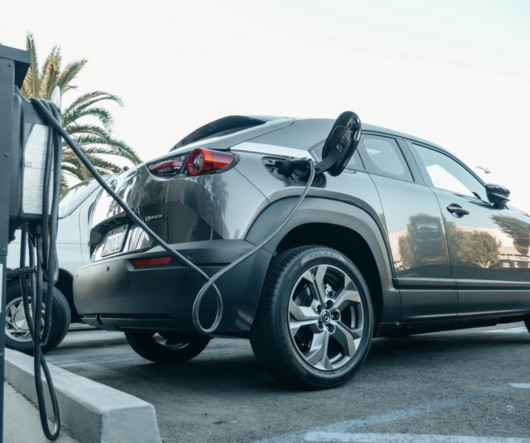EV Smart Charging Regulations Protect the Grid and Optimize the Charging Experience
Driivz
DECEMBER 20, 2022
EV smart charging regulations in the EU , the UK , and the US play a number of roles in the electrification of transportation; from investing in the expansion of EV smart charging infrastructure and battery cell production to funding buyer incentives to help increase the number of electric vehicles (EVs) on the road. .












Let's personalize your content